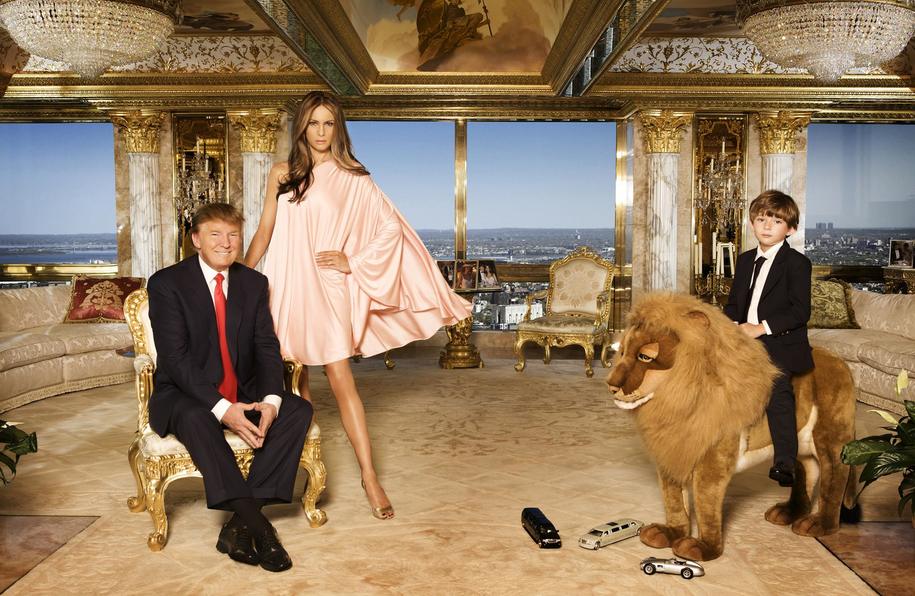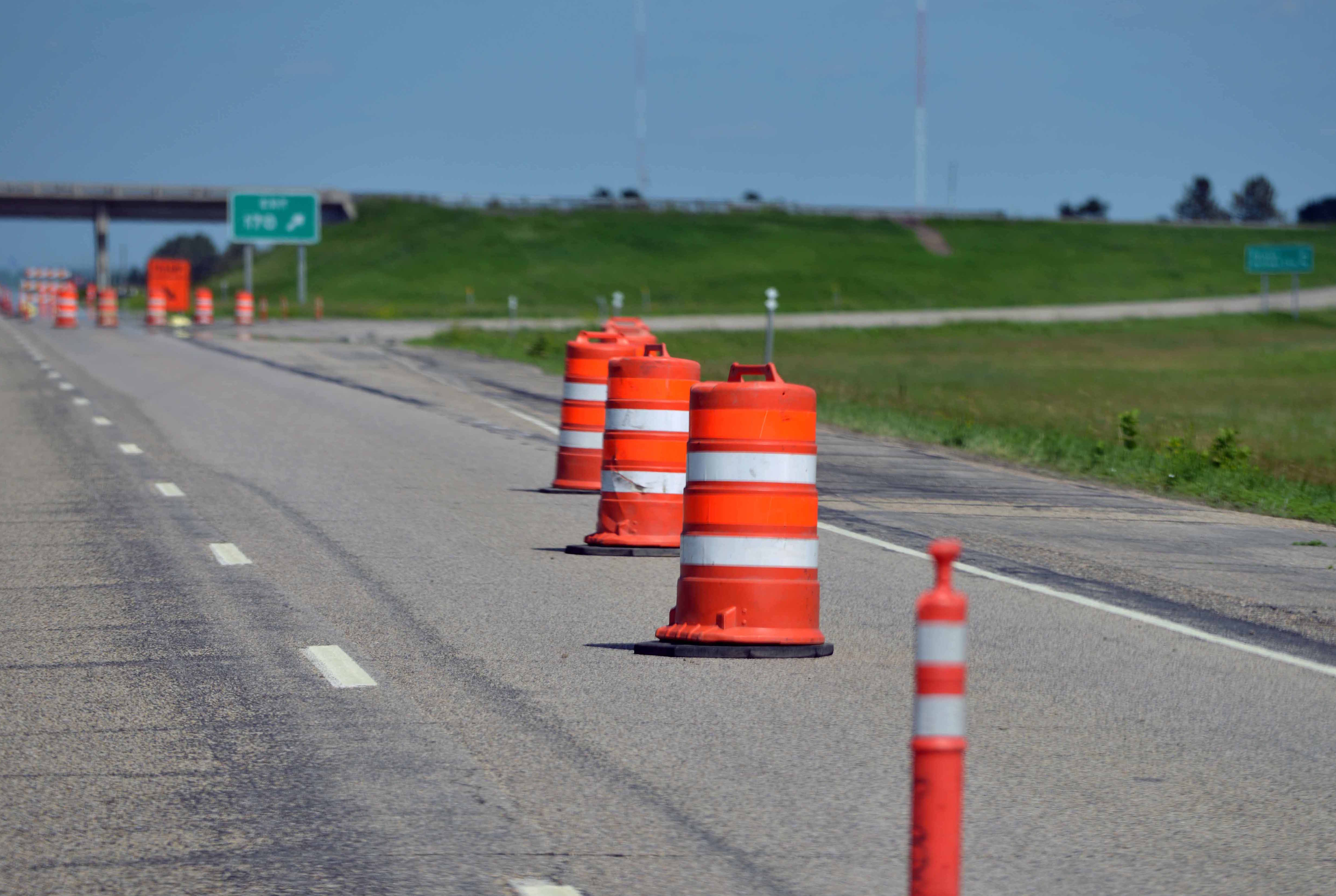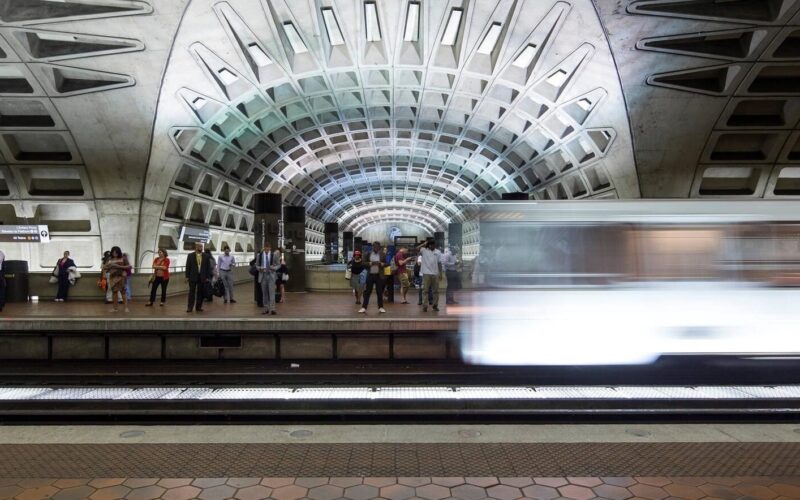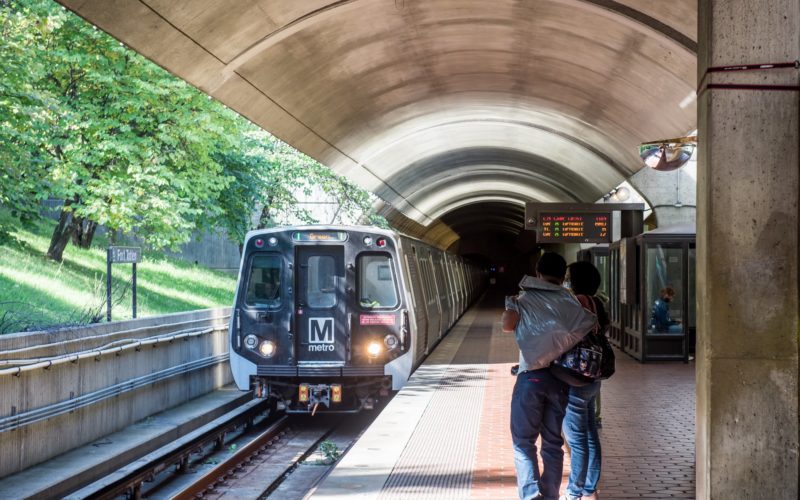

Barron Trump’s Toy Limos Provide Insight Into his Father’s Transportation Priorities
A new Administration and Congress are arriving in Washington, and transportation players there are engaged in their biennial ritual: speculating about a federal transportation package. Their speculation is normally based on unspoken assumptions that “yes” votes are always a good thing and that urban Democrats’ “yes” votes are a given. But in this abnormal time, we must overturn both those assumptions.
The tactical math of recent Congresses is that with Republican majorities, passing most meaningful spending legislation required Speaker Boehner or Speaker Ryan to look the other way and whistle an innocent tune while a portion of the Republican caucus voted no and enough Democrats followed their natural instincts in favor of government and voted yes. With a responsible President, Congressional Democrats could be counted on to do the responsible thing to keep government running, including on-going transportation funding. Under those circumstances, even uninspired legislation like the FAST Act could reasonably be said to be better than nothing.
For better or worse, the math still remains that most fiscal measures can’t pass Congress without urban and suburban members. But what “for better or worse” means may radically change. Judging from the president-elect’s campaign and cabinet nominees, the likelihood of a whole lot worse seems high. Urban and suburban representatives in Congress should prepare to withhold their automatic “yes” votes.
Plenty of unthinkable things may be about to happen in Washington D.C. One that should happen is that progressives should rewire their natural tendencies and be willing to shrink the federal role in transportation, rather than accelerate a system that generally takes taxes from New Yorkers and Californians to build new, unneeded and under-used roads in rural Alabama and the exurbs of Oklahoma. The wealth-creating, dynamic parts of this nation can generate enough taxes on their own to pay for the modern transportation they need – and many of those metro regions, not just Seattle and Los Angeles but also places like Raleigh and Indianapolis, voted to tax themselves to do just that in November.

Taxes from urban areas often go towards highway priorities in rural states
One Washington D.C. transportation insider recently raised hopes for a new federal transportation package by saying, “Donald Trump is a builder. He builds stuff.” Honestly? To the extent he is a “builder”, Trump is a financial manipulator who uses other people’s money to develop ostentatious but poorly-constructed casinos that go bankrupt and leave workers, construction companies and communities poorer than they were before, while enriching his family. Translate that financial model to the public sector and you have a picture of who his regime’s so-called public-private “partnerships” would be structured to benefit.
Other D.C. mavens speak breathlessly about “Trump’s support for a $1 trillion infrastructure package,” as if it were a serious policy proposal rather than the impulsive and now dated outburst it was. Treating the candidate’s stream-of-consciousness about China having “unbelievably fast trains” as a sign of hope for U.S. high speed rail is like nodding seriously at his vague postulation of a “terrific” health care system or soberly analyzing the financials of a border wall Mexico will pay for.
The evidence we do have is consistently anti-urban statements and expressions of hostility to the diverse inhabitants typical of metropolitan areas. Trump has surrounded himself with fossil fuel and Wall Street interests eager to insert self-serving policies into the vacuum left by his slogans. The notion that he harbors the magnanimity to reach out to broader constituencies that didn’t vote for him is totally dispelled by the appointments he has made and the agenda already moving forward in Congress. After the election, New York Senator Charles Schumer made noise about his eagerness to work with Trump on transportation stimulus legislation. Schumer’s reward was to have the President-elect on label him a “clown” on Twitter.
The last President from New York, supported by rural and urban Senators and Representatives from across the country, gave this nation the infrastructure of the New Deal, from urban rail lines to rural electrification. President Roosevelt was not only concerned about physical things like bridges and parks – his Deal was about the American people overcoming want and fear. The deal we’re about to be handed is the opposite: built on fear, taking from the many and giving special rewards to the economic royalists that Roosevelt warned us about. This time, the progressive response should be emphatic: no deal.
 On the Brink: Will WMATA’s Progress Be Erased by 2024?
On the Brink: Will WMATA’s Progress Be Erased by 2024?
The experience of being a WMATA rider has substantially improved over the last 18 months, thanks to changes the agency has made like adding off-peak service and simplifying fares. Things are about to get even better with the launch of all-door boarding later this fall, overnight bus service on some lines starting in December, and an ambitious plan to redesign the Metrobus network. But all of this could go away by July 1, 2024.
Read More What’s Going on With Transit Service at the Seven Highest Ridership U.S. Cities? DC Edition
What’s Going on With Transit Service at the Seven Highest Ridership U.S. Cities? DC Edition
Mechanical problems with the 7000-series train cars and lapsed rail operator certifications have caused rail service levels on WMATA to plummet, but the agency is running 100% of pre-pandemic bus service.
Read More